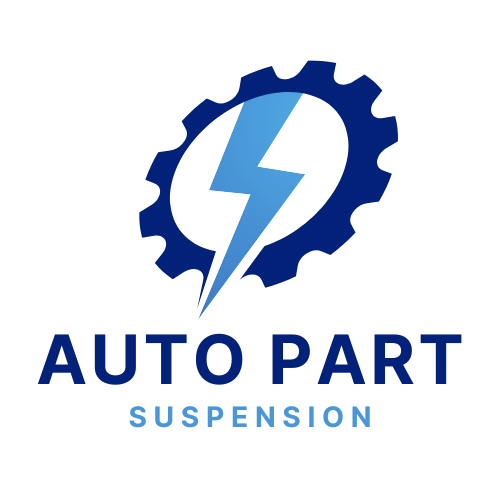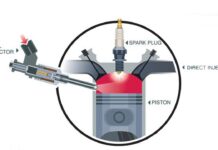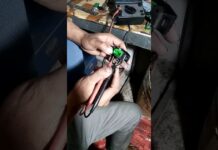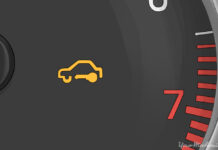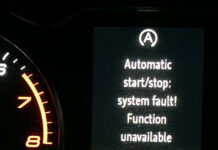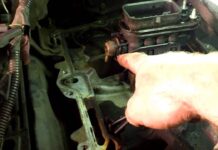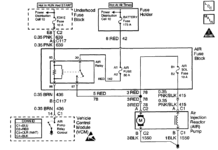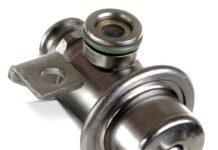What is the P0306 fault code and why does it matter? What’s the reason for Cylinder #6 Missfire Detected How do I fix the P0306 fault code What are the causes and symptoms for the P0306 fault code
What is the P0306 Fault code? What does it all mean?
Engines have cylinders that convert fuel to mechanical energy. Engine power is maximized by ensuring that the air-fuel mixture in the combustion chambers is ignited at just the right moment. Code P0306 will be stored if there is a misfire in the 6th engine cylinder.
The code P0306 is activated when the onboard computer (PCM/ECM/ECU/ECM) detects that cylinder 6 misfires more than once.
What is the P0306 Fault Code?
For many reasons, a cylinder may misfire. The following are the most common causes for a P0306 code:
- – Ignition system parts that are worn (spark plugs or coils),
- Vacuum leaks
- – Insufficient fuel pressure
- – Fuel pump, fuel pump relay, fuel injectors, or fuel filter problems
- – EGR system issues
- – Sensor for defective or faulty mass air flow (MAF).
- – Defective or faulty crankshaft sensor
- – Camshaft sensor failure or defect
- Faulty, faulty or incorrect throttle position sensor
- – Mechanical engine issues (e.g. Low compression, leaky heads gaskets, or defective engine valves
Note: The components of cylinder 6 should be first checked when you are looking at the symptoms.
What are the symptoms for P0306 Malfunction Codes?
- – Make sure your engine light is on.
- – Slow acceleration
- – Shaking during acceleration
- – Engine stops at idle
- – Idle irregularity
- – Insufficient power in the engine
- – Autoshift problems
- – Increased fuel consumption
How do I fix the P0306 fault code?
You should first read the fault code to determine which cylinder is causing the problem. Then, follow the steps for repair. If the code shows no signs of malfunction, it should be reset to check if it comes back.
The spark plugs and wires are most likely to be the cause of engine hesitation or misfire. Check that the cables and connectors to the problem cylinder are in good condition. It might be worth replacing ignition components, depending on your vehicle’s age and routine maintenance. Inspect the spark plugs, wiring and ignition coils to make sure they are in good condition. You can check for a problem with the ignition coil by moving it around and seeing if the misfire is resolved. The ignition coil is responsible for the misfire in the other cylinder. A broken catalytic convertor could also be a possibility. If the exhaust smells like rotten eggs, it is likely that this is the problem. Faulty fuel injectors could be the cause of the problem.
- – All spark plugs replaced
- – Replacing ignition wires
- – Replace the defective ignition coil
- Repair of air leaks in the intake
- Repair or replacement leaky head gaskets
- – Repairing fuel injectors that are not working properly
- – Fixing fuel related problems
- – Replacing the defective sensor on the camshaft
- – Replacing the defective crankshaft sensor
- – Replacing a defective mass air flow sensor
- – Replacing the defective oxygen sensor
- – Replacing a defective throttle position sensor
- – Replacing the defective catalytic converter
- Troubleshooting problems with your engine
How Important is P0306 Fault Code
Engine code P0306 can lead to serious problems in driving. It is important that you immediately address the root cause. This code can make it dangerous to drive the vehicle. The vehicle might stop abruptly or stall. A misfiring piston can cause the engine’s to run too hot and damage the catalyst. The engine components can be damaged if the repair is delayed or the vehicle is driven in this manner. This is why it should be fixed as soon as possible.
